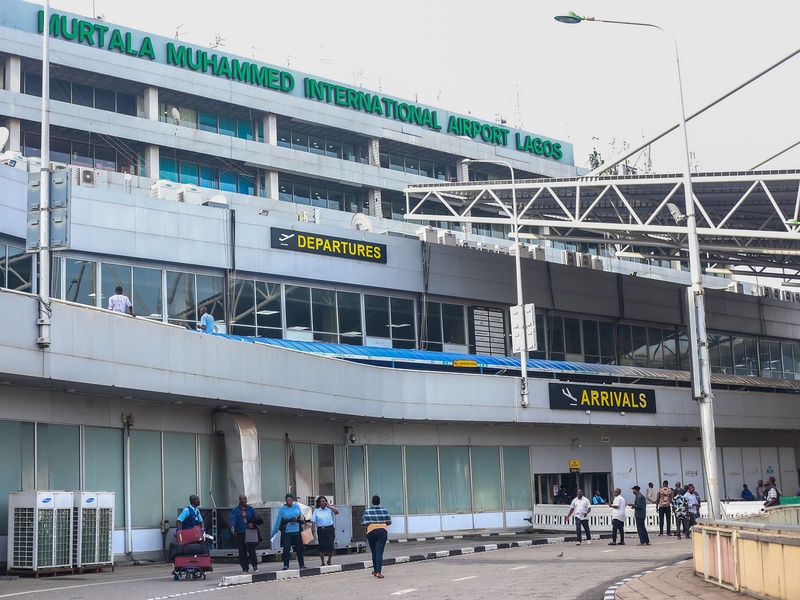The trade body announced that Africa’s airlines are expected to earn a collective net profit in 2024 for the second year in a row – a hard-won result for the sector after the turbulence of COVID and that recovery. However, that expected profit falls well below the global average.
African airlines are set to achieve $100m net post-tax profit, which translates into profit per passenger of only 90 US cents per passenger – well below the $6.14 of the sector globally. Profit margins also sit lower than the global net profit margin of 3.1%, at 0.6% of revenue.
Strong passenger growth is a boon across the region though, as revenue passenger kilometers (RPK) growth is forecasted at 8.5%. Load factor is also expected to reach 61.9%, slightly ahead of the 59.8% breakeven load factor for African Airlines.
“The demand to travel is there. To meet it, the African airline sector needs to overcome many challenges, not least of which are infrastructure deficiencies, high costs, onerous taxation, and the failure to broadly implement a continent-wide multilateral traffic rights regime,” said Kamil Alawadhi, IATA’s Regional Vice President for Africa and the Middle East.
“The challenges facing African aviation are significant, but they are not insurmountable. IATA’s Focus Africa initiative is by no means a panacea, but it does lay out a framework to build a stronger aviation sector that will provide even better support to economic growth and social development.”
Focus Africa aims to address key challenges and opportunities within the continent’s aviation sector, emphasizing six priority areas: safety, infrastructure, connectivity, finance and distribution, sustainability, and future skills.
On safety, Africa as a continent had no jet hull losses for the second year in a row and the 31 IOSA registered carriers continue to outperform non-IOSA registered carriers both on the continent and globally.
Regarding connectivity, the Single African Air Transport Market (SAATM) seeks to liberalize civil aviation by removing limits on traffic rights for African airlines. It also helps the continent drive economic growth, but few states have implemented it.
Non-compliance by African governments to bilateral air service agreements (BASAs) is another obstacle to achieving seamless regional connectivity and growth and IATA says that to develop economy-boosting intra-Africa connectivity “Africa’s governments must back SAATM with actions.”
The amount of blocked funds in African countries in June 2024 stood at $880 million, just over 52% of the $1.68 billion in blocked funds globally. IATA says this is an improvement after Nigeria cleared 98% of the total funds blocked, which sat at $831 million.
